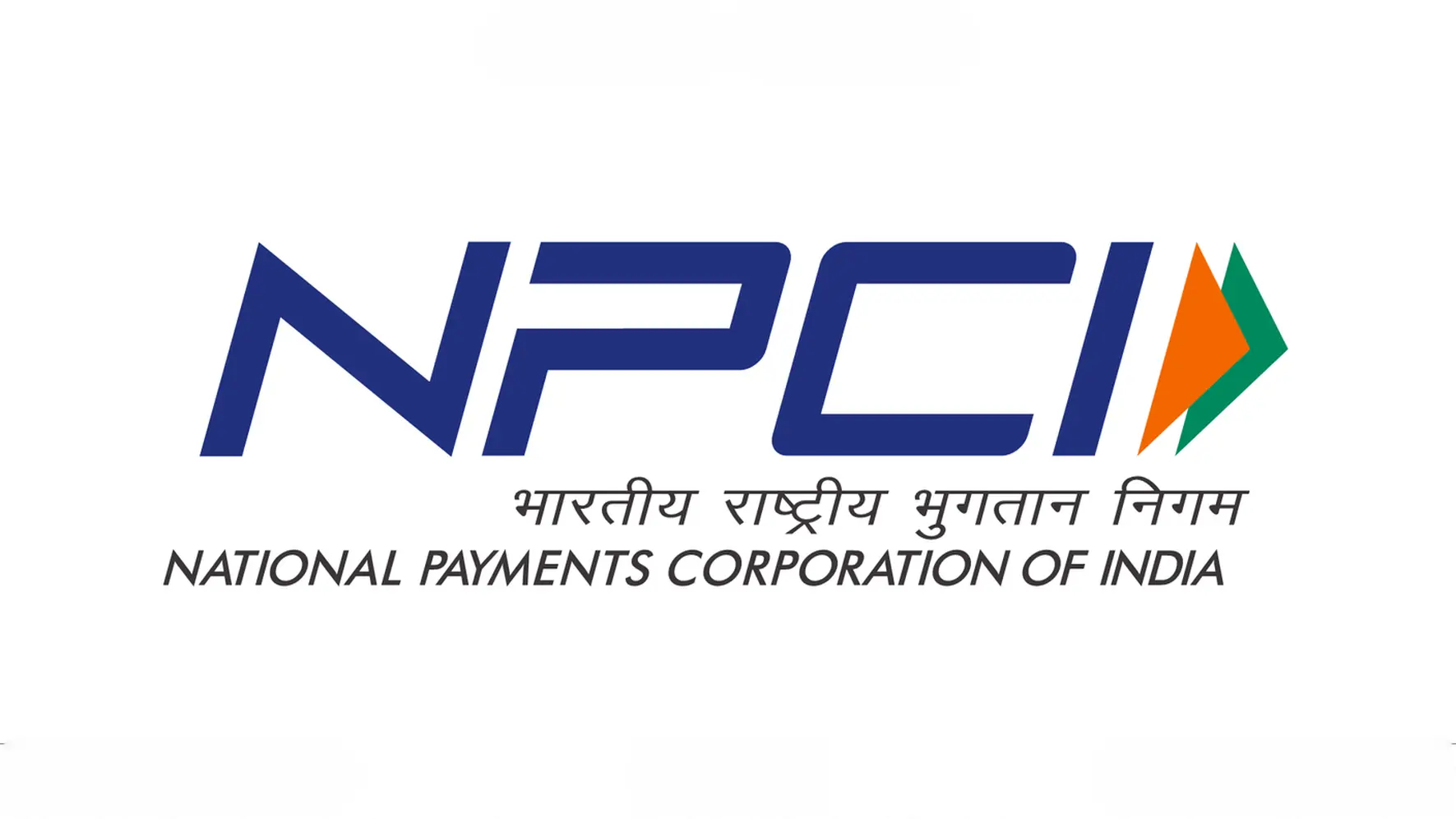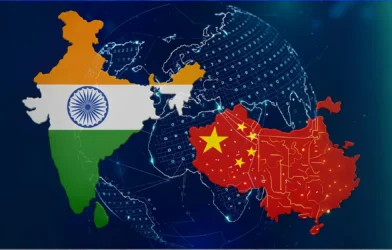Author: Aditya Pareek | EQMint | Press release
NPCI’s digital payments are now accessible nationwide, driving India towards a digital-first economy. They offer both security and convenience. However, it’s crucial to use digital payments safely and be aware about online scams. Early identification of potential scams helps protect users and their loved ones, promoting a safer, less-cash economy, for everyone.
What is digital arrest?
Online scams are becoming more sophisticated, with ‘Digital Arrest’ being a prime example. In these scams, fraudsters pretend to be law enforcement officials, tricking victims into sending money or sharing personal information by making up fake legal cases involving victims or their family members. They initiate contact through phone calls and then switch to video calls. Victims are threatened with a digital arrest warrant for alleged financial misconduct or other legal violations. Under fear, victims often give in, resulting in financial loss and the risk of identity theft.
How to Identify a Potential ‘digital arrest’ scam:
- Unexpected Contact from ‘Officials’: Be cautious if someone claims to represent government agencies like the police, CBI, income tax officers, or customs agents and contacts you. Be cautious especially if they claim urgent legal action is being initiated or warranted. They might allege that you or one of your family members is involved in a serious crime like money laundering, tax evasion, or drug trafficking.
- Fear-Based Language and Urgency: Scammers normally engage on video calls, disguising themselves in police uniforms, using government logos, or creating official-sounding background noise to appear legitimate, authoritative and intimidating. They often threaten arrest or immediate legal action, demanding a quick response and using legal terms to sound convincing. In some cases, they go to the extent of creating a police station-like setup to further convince victims of their credibility.
- Request for Sensitive Information or Payment: Scammers may ask for personal information or demand large sums of money, promising that this will clear up your involvement in the alleged crime. They may also coerce you to transfer money to their account until the investigation is complete. Terms like “clearing your name”, “assisting with the investigation”, or “refundable security deposit/escrow account” might be used by them to persuade you into transferring money to specified bank accounts.
Simple Steps to Stay Protected:
- Pause and Verify: If you receive unexpected calls or messages about legal issues, take a moment to verify. Stay calm, as scammers rely on fear and urgency. Real government and law enforcement agencies will never ask for money or investigate cases through phone or video calls. Always confirm the caller’s identity and consult trusted sources before taking any action.
- Use Support Channels: Report suspicious numbers to the national cybercrime helpline by dialing 1930 or the Department of Telecommunication (https://sancharsaathi.gov.in/sfc/).
- Record and Report: Save messages, take screenshots and document interactions. This can help authorities if you need to file a report.
About NPCI
National Payments Corporation of India (NPCI) is the umbrella entity responsible for operating retail payments and settlement systems in India. It is established by the Reserve Bank of India (RBI) and the Indian Banks’ Association (IBA). The Company is focused on bringing innovations in the retail payment systems by using technology for achieving greater efficiency in operations and widening the reach of payment systems. NPCI is committed to harnessing the transformative potential of deep tech, creating an ecosystem that fosters collaboration to work on breakthrough technologies. Underlining its commitment to service, NPCI has been incorporated as a “Not for Profit” Company to provide infrastructure to the entire Banking system in India for physical as well as electronic payment and settlement systems. NPCI has made a profound impact on India’s retail payment landscape, focusing on creating robust, efficient, and inclusive payment and settlement solutions. NPCI has been instrumental in introducing a range of products that have revolutionised retail payment systems. These include Unified Payments Interface (UPI), RuPay, National Automated Clearing House (NACH), Immediate Payment Service (IMPS), National Electronic Toll Collection (NETC), Aadhaar Enabled Payment System (AePS), e-RUPI and more. Each of these products has contributed significantly to enhance the efficiency and accessibility of payment systems in India, ultimately propelling financial inclusion.
NPCI has played a fundamental role in establishing the foundation for India’s rapidly growing digital payments ecosystem, projecting the country onto the global stage. NPCI has three wholly owned subsidiaries – NPCI International Payments Limited (NIPL) and NPCI Bharat BillPay Limited (NBBL) and NPCI BHIM Services Limited (NBSL), established in pursuance of NPCI Board & RBI approval.
For more information visit: https://www.npci.org.in/
For more such information visit EQMint
Disclaimer: This article is based on information available from public sources. It has not been reported by EQMint journalists. EQMint has compiled and presented the content for informational purposes only and does not guarantee its accuracy or completeness. Readers are advised to verify details independently before relying on them.









